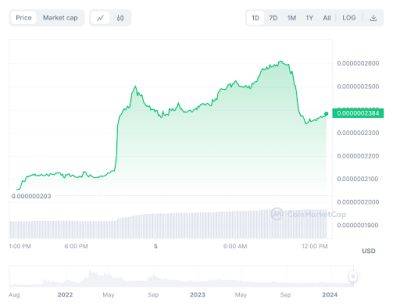Ethiopia Emerges As New Bitcoin Mining Hotspot – Will it Last?
Ethiopia is growing popular for Bitcoin mining after China ejected the industry from its borders in 2021.
Following the ban, China’s biggest players scattered across the globe searching for new locations that would respect their energy-intensive business practices.
That journey led many to arrive in Africa last spring when cargo containers carrying powerful mining computers started appearing near electricity substations connected to the Grand Ethiopian Renaissance Dam.
Despite having banned the actual trading of cryptocurrencies, Ethiopia gave the green light to Bitcoin mining operations starting in 2022.
In crypto terms, “mining” is the process where new units of Bitcoin enter circulation, and the underlying blockchain is secured.
Miners consume lots of power to compete for new BTC, making electricity a core cost of their business. And Ethiopia boasts some of the lowest electricity costs worldwide.
It’s also an especially attractive spot for Chinese businesses. The nation has increased ties to China over the past ten years, with many Chinese companies contributing to the construction of the $4.8 billion dam that will power the miners.
Compared to other power-consuming industries, mining stands out for being both demand-agnostic and location-agnostic. For those reasons, miners can prioritize cheap power sources above all else, irrespective of geography considerations or inconsistency of supply.
Norway, for example, powered about 1% of the world’s Bitcoin miners in 2021, almost exclusively using hydropower.
“Ethiopia will become one of the most popular destinations for Chinese miners,” Nuo Xu, founder of China Digital Mining Association told Bloomberg.
Similar to Ethiopia, Russia has also opened its arms to Bitcoin mining but
Read more on cryptonews.com




















